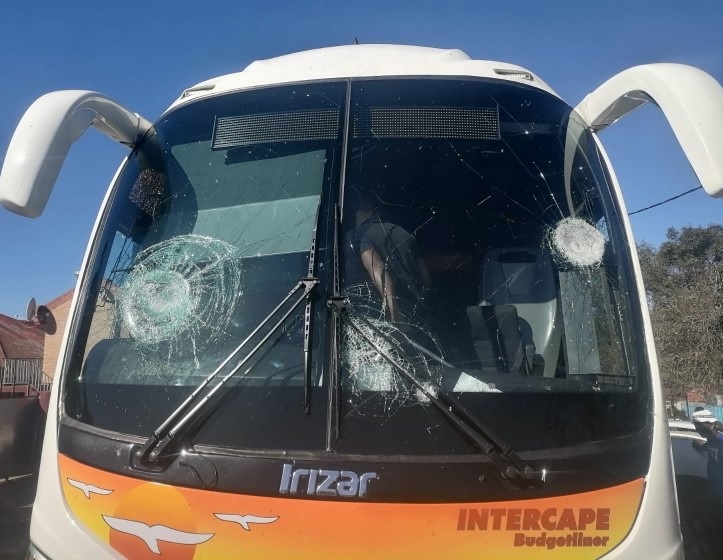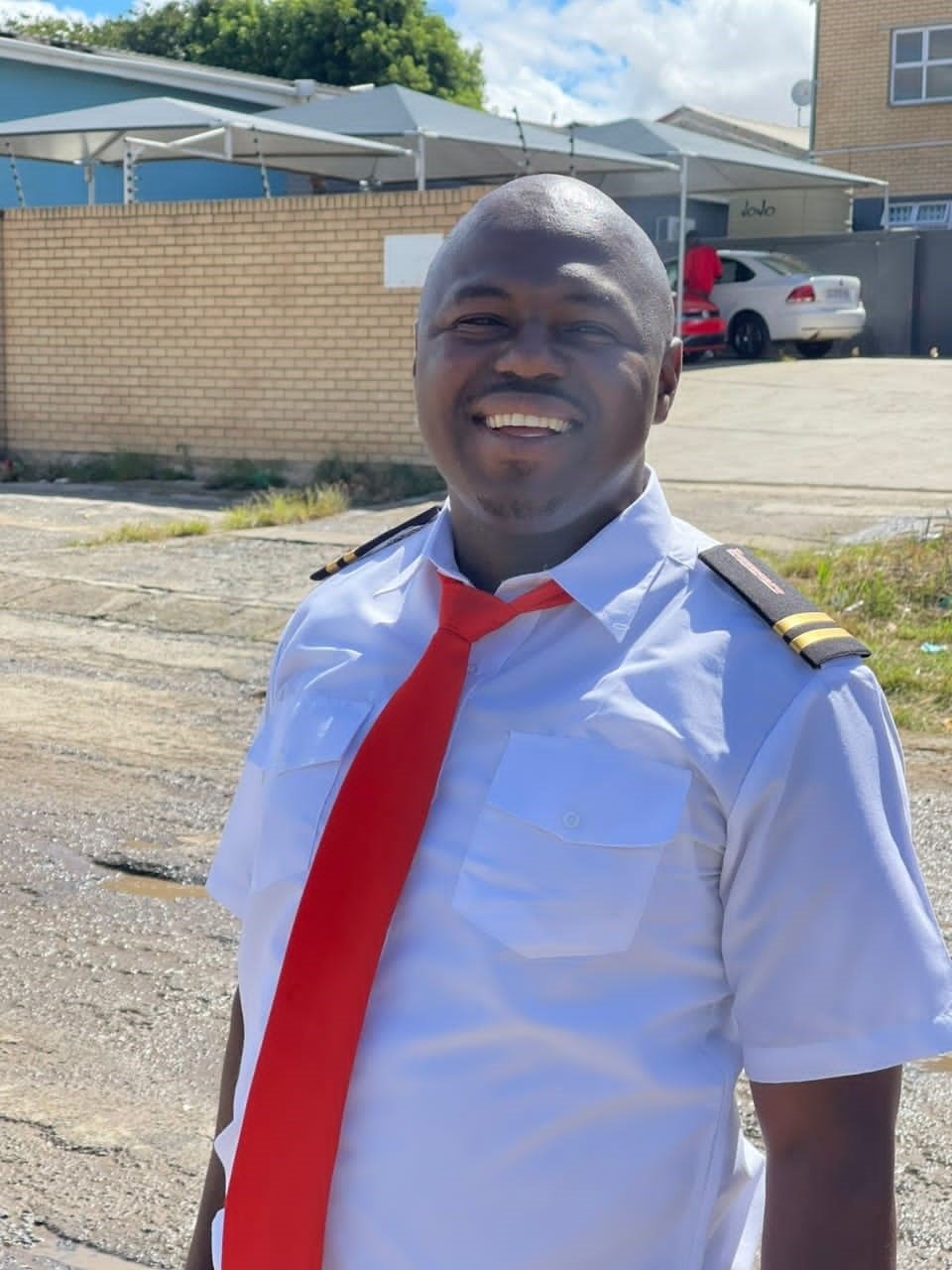
The death of driver Bangikhaya Machana comes amid a campaign of violence directed at long-distance coach industry, and the state is missing in action, says Intercape CEO Johann Ferreira.
There has been talk of a failed state as South Africa tackles ongoing power generation issues and struggles to deal with rising unemployment in an economy beset by the Covid-19 pandemic, the spectre of xenophobia, the civil unrest of 2021, and the recent KwaZulu-Natal floods.
But at least there has been an effort to deal with these crises. What happens when the state is absent in the face of lawlessness? When it stands aside of its Constitutional mandate to uphold the laws of this country and its duty of care to protect innocent, law-abiding citizens.
Unfortunately, my company, Intercape, and the long-distance coach industry, is experiencing the answer to this question. As are private companies in mining and construction, among others, and even parastatals such as Prasa.
More than this, ordinary citizens pay a premium they can ill afford to cover the costs of criminal protection rackets or outright extortion imposed on private and public companies.
One example is the near-total collapse of the passenger rail system in the face of looting of infrastructure and direct arson attacks, with the result that poorer communities in outlying areas pay more to reach their places of work, or even to look for work.
There is also a tragic human dimension.
Intercape coach driver Bangikhaya Machana was gunned down moments after he left the company's depot in Airport Industria in Cape Town on 25 April. Two assailants fired 21 rounds into the cabin, wounding the 35-year-old husband and father of two young girls, aged three and six, three times. He died in hospital from his wounds three days later.
Rogue elements
Bangikhaya's death comes amid a campaign of violence directed at Intercape and other companies in the long-distance coach industry by rogue elements in the taxi industry. In the space of 13 months there have been over 160 recorded incidents of shootings, arson attacks, rock throwing and other acts of intimidation. Over 100 criminal cases have been opened with various police stations in the Eastern Cape, the Western Cape and Gauteng.
The message is clear – there are rogue elements within taxi associations who do not want long-distance coaches to operate in certain regions and on certain routes, or they must pay extortion money to be allowed to do so. This message has been enforced in a number of ways, including forcing passengers out of coaches and onto minibus taxis at gunpoint.
There has been a disappointing lack of enforcement by the South African Police Service. To date we are still awaiting arrests for these incidents.
We – Intercape as well as other long-distance coach operators – have previously written to Minister of Transport Fikile Mbalula as well as Minister of Police Bheki Cele, pleading for urgent intervention before an innocent person is killed. There has been no response.
Minister Mbalula, speaking at the 6th National Elective Conference of the South African National Taxi Council (SANTACO) on Monday 9 May, said: "The story of this industry that comes from a past of conflict and violence can never be complete without a reflection on the collective efforts to grow its market share and position it as a preferred mode by the vast majority of commuters. These efforts themselves have not always been achieved through fair and reasonable means."
Calling on Santaco to take the lead in driving unity within the taxi industry, Minister Mbalula said: "It can never be acceptable that the barrel of a gun determines who operates what route and who may compete. The violence that continues to characterise taxi operations across the country is a symptom of a leadership vacuum.
"Step up to the plate, rein in your members and deal harshly with those who unleash violence as a solution to problems. We will not hesitate to throw the book at them and take away their operating licences and close affected routes."
These are powerful words from the minister of transport, but action has not been taken regarding the terror being inflicted on the long-distance coach industry in South Africa by certain elements within the minibus taxi industry.
As CEO, I wrote to President Cyril Ramaphosa on 29 April – the day after Bangikhaya passed away in hospital – to "respectfully draw your attention to a crisis" and to "demonstrate the gravity and the urgency of the situation".
"The long-distance bus industry is under violent and criminal attack. The attack comes from informal and formal associations within the taxi industry…" I wrote.
As yet there has been no response from the president of the Republic of South Africa.
The president and Cabinet members charged with policing and transport know what the situation is facing the long-distance coach industry and other sectors of the economy which are held to ransom by thuggery and violent extortionists. They also know that this poses an existential threat to the rule of law, our constitutional order and the prospects of economic recovery and a better life for all the people of this country.
Right now, rogues and criminals are sadly in control. They even went so far as to prevent the grieving family of Bangikhaya Machana from attending to his burial in peace and dignity in Dutywa in the Eastern Cape on the weekend of 8 May. The State, however, is missing in action.
Johann Ferreira is CEO of Intercape. Views are his own.

